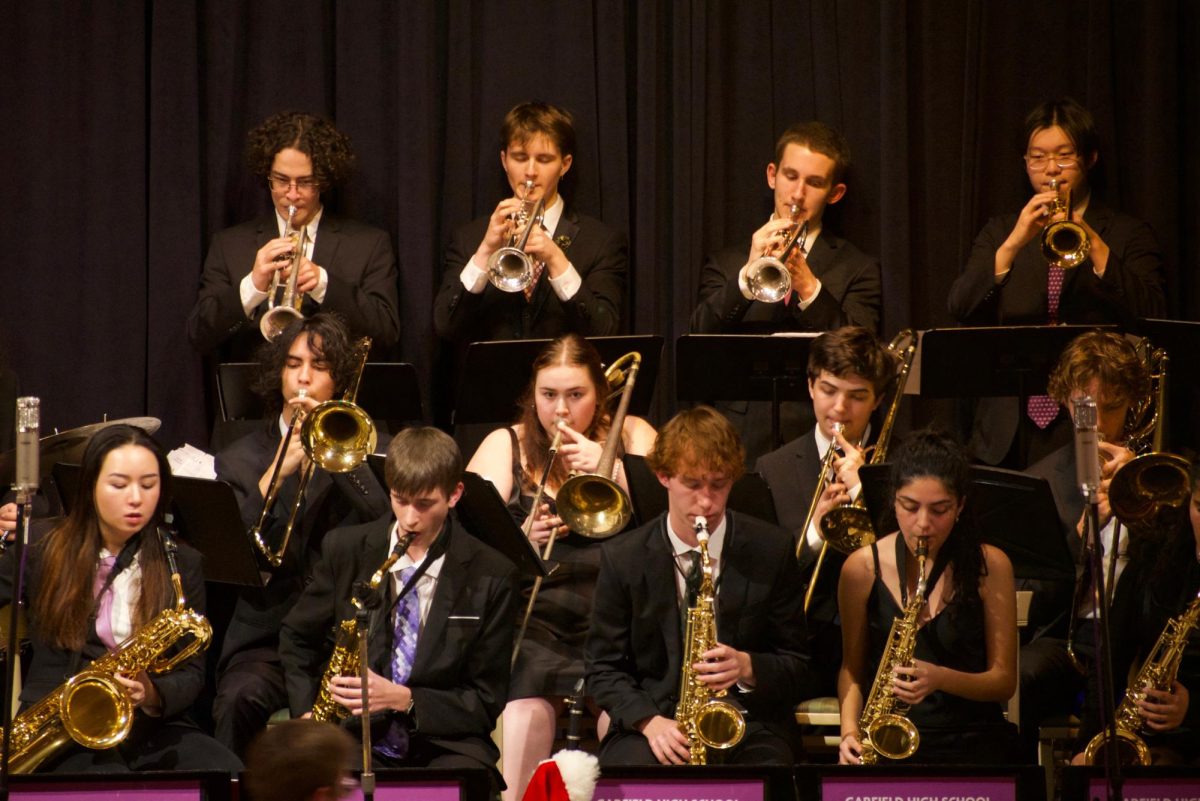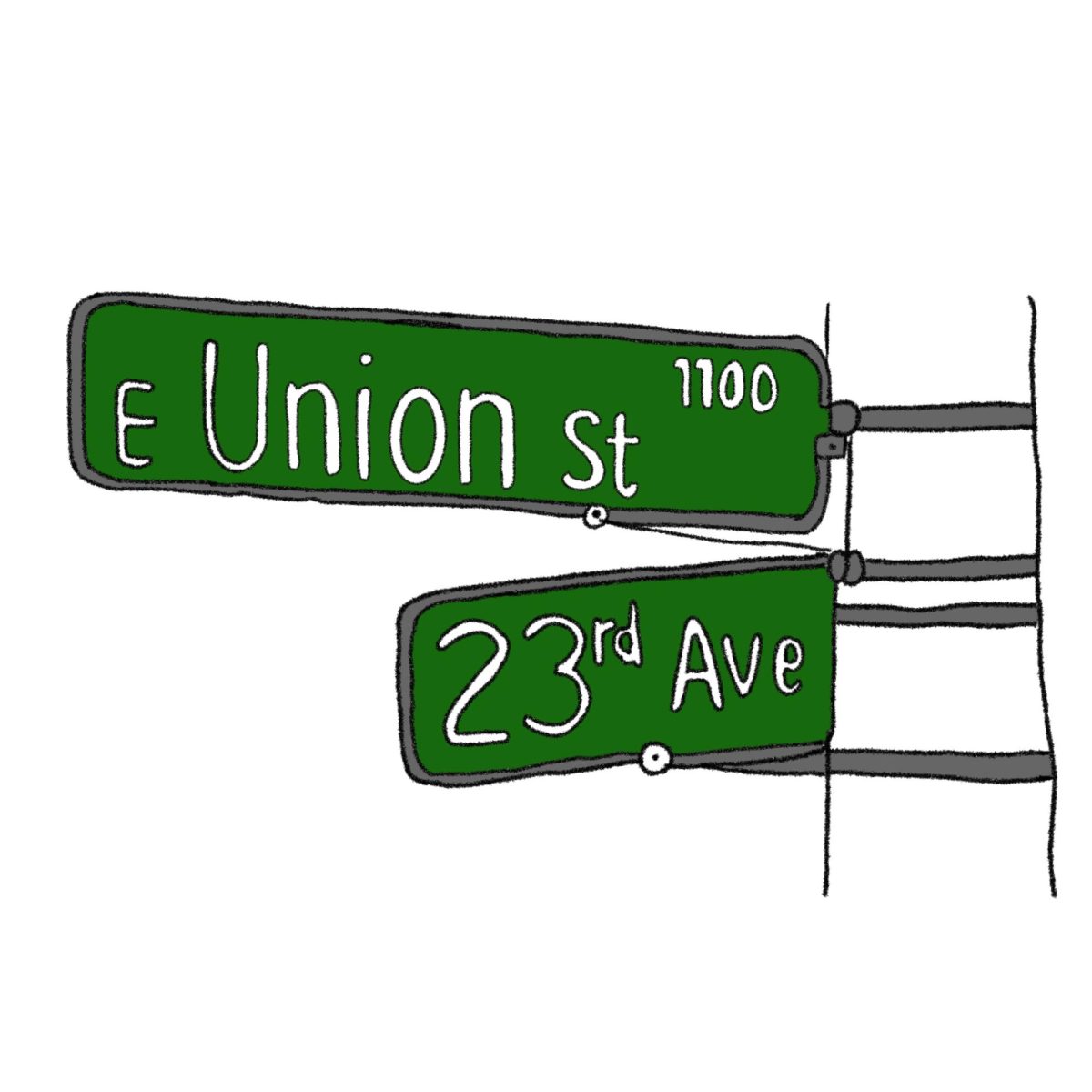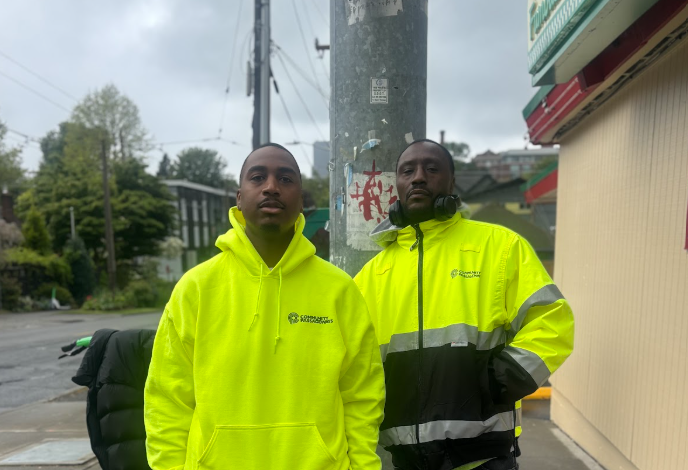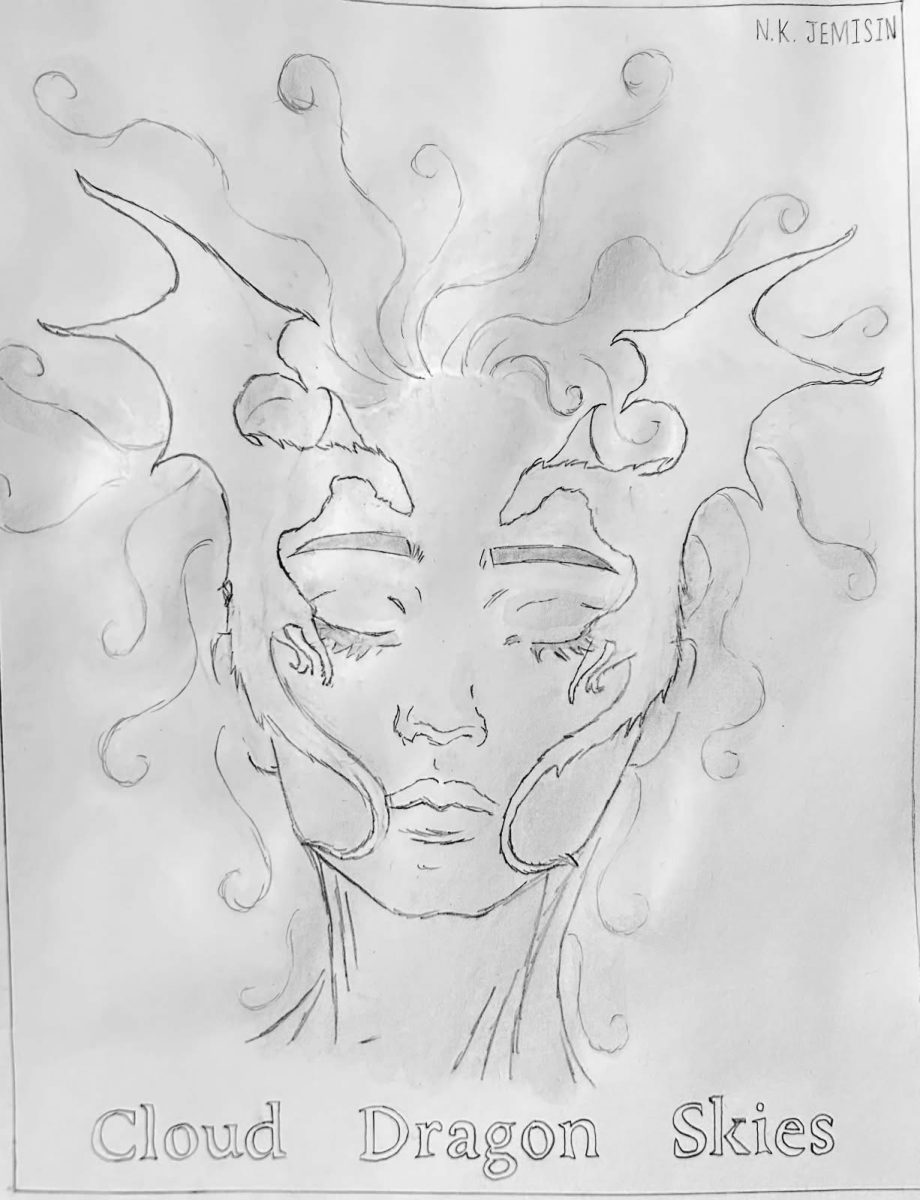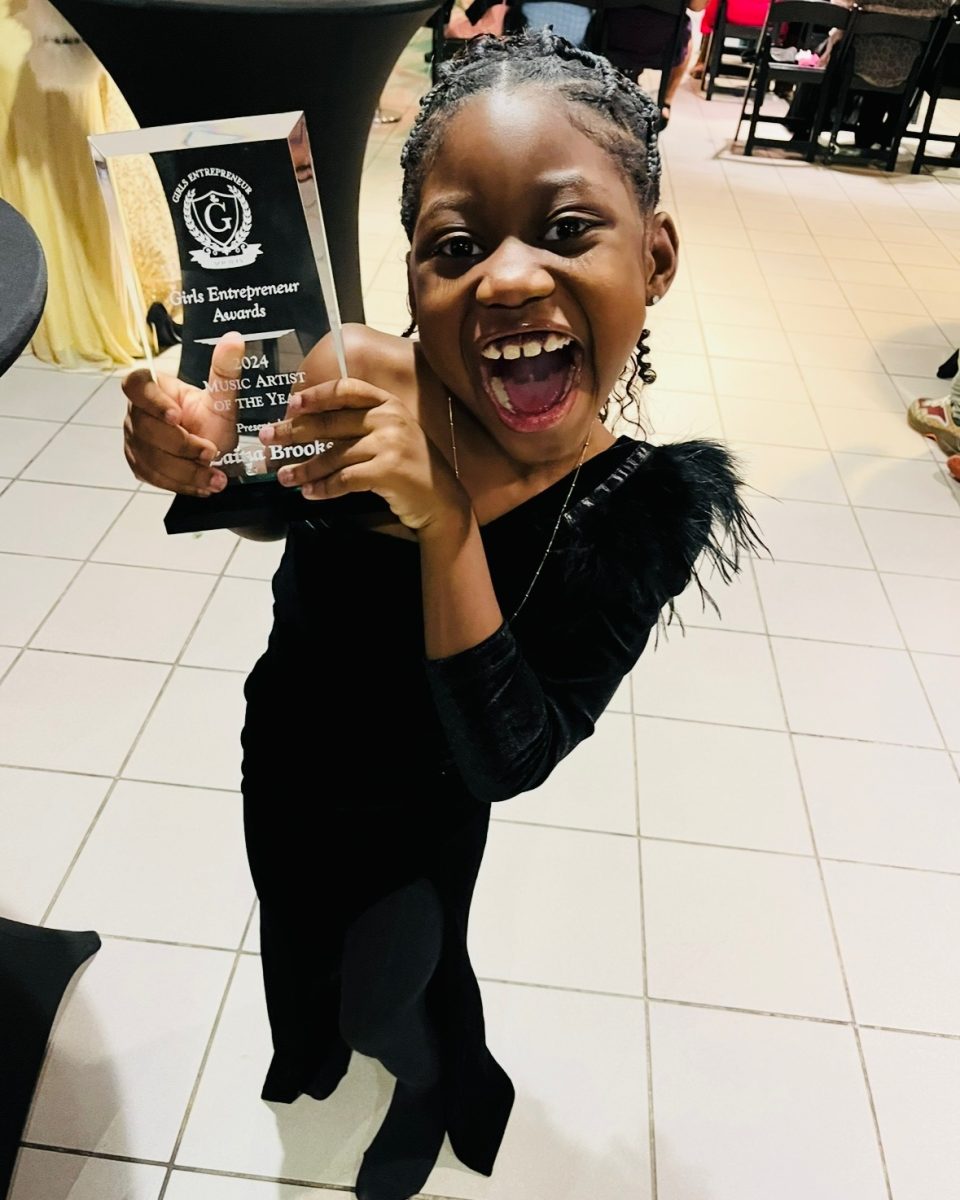Garfield High School’s Jazz 1 ensemble is one of Garfield’s most successful programs, fostering many nationally recognized musicians. Only five members are women, a fraction of the 26-person band, an unfortunate common occurrence in jazz bands. Representation of women has been an issue in the jazz community since the birth of the genre, with little progress made.
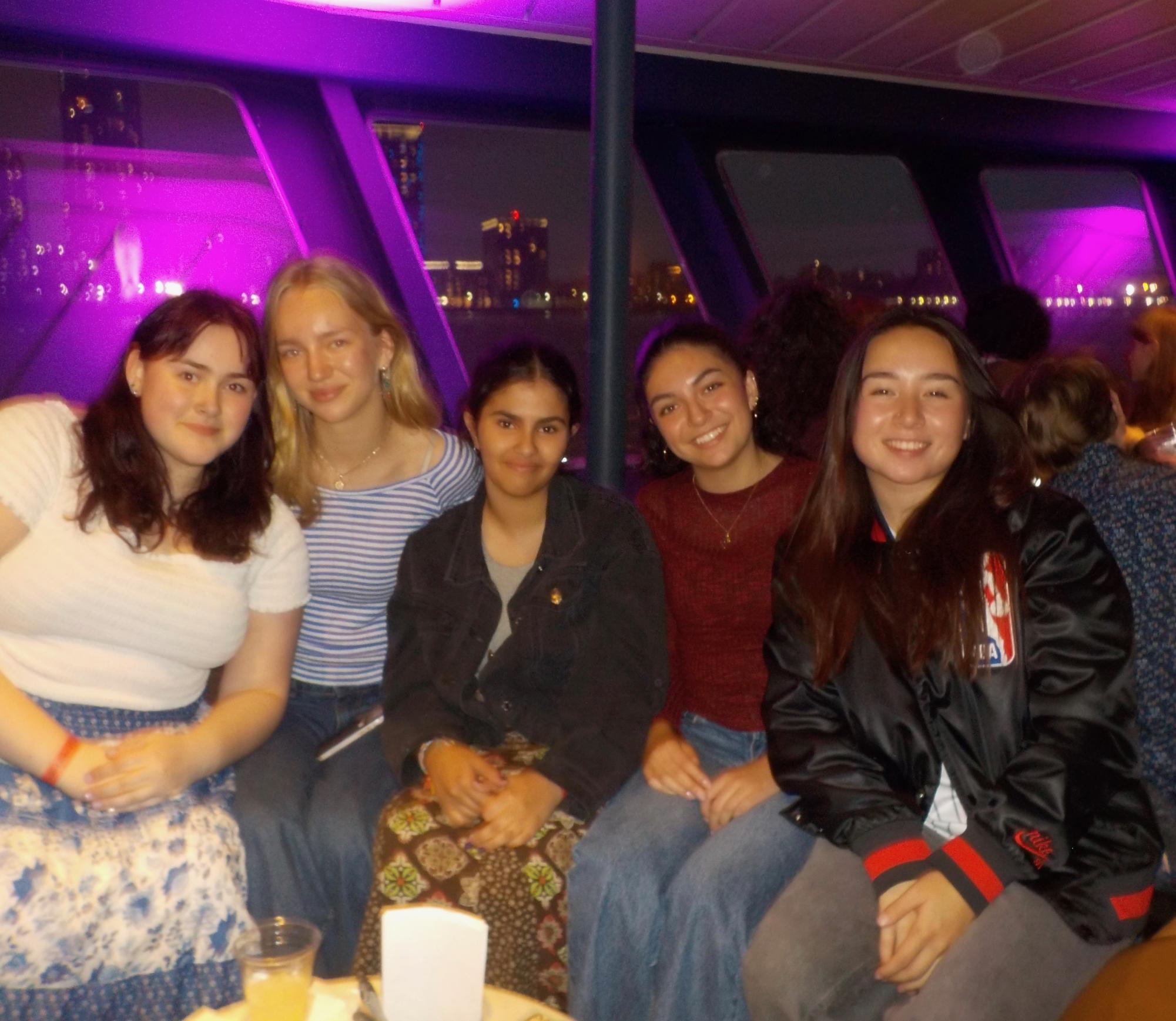
“Generally, instruments in jazz are played by men,” Miep Barr Clingan, Jazz 1 trombone section leader, said. “When I graduate, I’m pretty sure there’s gonna be no girls left in the jazz program who play the trombone.” Barr Clingan expressed that the decreasing number of women in the jazz band has made her feel more pressure to succeed. “[People] assume I’m bad because I’m a girl, so I have to try harder to prove myself.” Barr Clingan believed that bands would experience greater success if they were more representative. “[I’ve] been in an all-girl band before and it’s a lot more freeing, and I feel like there’s less pressure put on me,” Barr Clingan said. Wren McIntosh, Jazz 1 saxophone section leader, also shared the value of diversity in jazz. Having a more diverse band offers “different points of views on life, about the world, and different life experiences in a community, just makes [the band] more powerful,” McIntosh said.
Barr Clingan shares how she fights back against marginalization within jazz by “making an effort to talk to girls from other [bands] because … [they] have something in common.” Though getting more women into jazz requires harder solutions. “[It’s] a systemic issue that starts in elementary school music,” Barr Clingan said. “In elementary school a lot of girls tend to learn flute and clarinet, which [aren’t] in jazz usually … and that’s what is pushed.” The few women who do learn jazz instruments in elementary and middle school “look up and they see there are only two women in the jazz band … then they don’t join jazz,” McIntosh explained.
As Barr Clingan put it, “visually making [jazz] more appealing to elementary schoolers and middle schoolers … that’s where a lot of the change needs to happen.” To aspiring female musicians, Barr Clingan believes that it would “help in thinking … I deserve to be here, my talent will show everybody that I’m worthy of being here, and that everything else about me doesn’t matter.”



